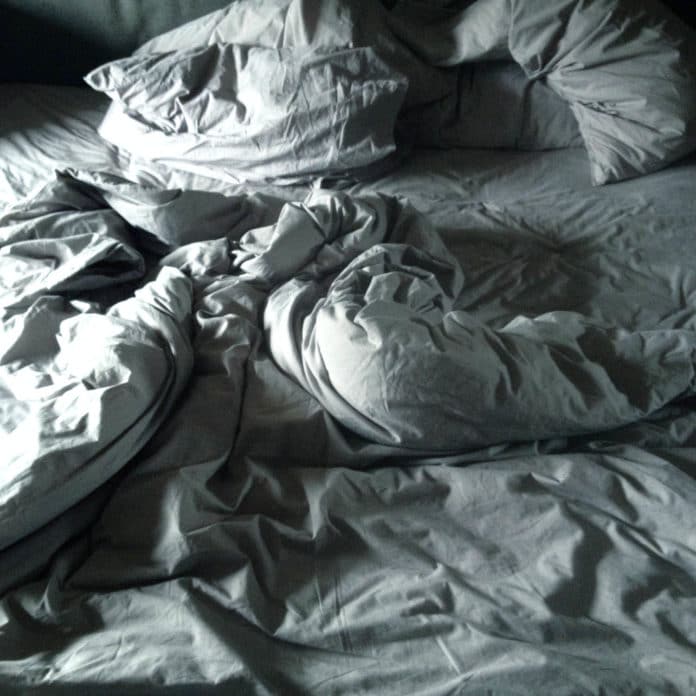Sleep is one of those things that people know they need to attend to but often don’t. If you feel like being scared straight on the topic, I recommend reading “Why We Sleep.” The short version is that even a modest disruption in sleep activity has a significant effect on one’s next day. Chronic sleep deprivation is seriously bad on all levels.
I have as much FOMO (fear of missing out) as anyone; however, I love sleeping and always have. When I get a good night’s sleep, I am formidable. Reduce my sleep by 15 minutes, and I am way off my game. I like 8-8.5 hours a night unless I have had a hard workout, and then it can even be 9 hours. One day on the weekend, usually Saturday, I will sleep 10 hours, and then have an hour-long nap in the afternoon. Everyone is different, but the way I function is full-on and then full off. Moderation is not my gig.
One thing I have never understood is the use of sleep trackers-Fitbit, Apps, etc. If you want to wreck your sleep, start worrying about your sleep performance.
People tell us about being up every night at 3 am, which sounds horrible to me, and I do everything in my power to avoid it. Here are some of the things I do in my regular sleep hygiene routine.
1. Exercise before 4 pm, especially if it is high-intensity cardio. HIIT is designed to raise one’s heart rate for hours afterward, so don’t do that later in the day. Do it first thing in the morning. Then if I am not doing some sort of strength or cardio training that day, I try to walk at least 8-10,000 steps.
2. Go to bed at almost the exact same time every night. Boring, but it helps. I find my ability to shift my sleep schedule diminishes with age. If I go to sleep later, I still wake at the same time.
3. Try to finish eating by 6:30. This is often not possible, but it’s a goal. If my sleep time is 10 pm, then around 8:30 or so I will go for a snappy 45-minute walk. This is key and is probably the most important part of the routine.
4. No blue light after sundown. That means no computers, LEDs, or otherwise. The color of light is one of the main triggers for our circadian rhythm regulation. Use night mode on screens which will shift the colors to warm.
5. Reduce the room temp to 68. I find this to be the perfect temperature. The idea is to get the body to cool and initiate sleepiness. To help in this process, I will place a foot outside of the covers as a sort of “cooling tower.” When I get up in the morning, I will set the temperature back to 75.
6. Take a warm shower or bath before bed. This will cause the body to cool and again trigger the sleep response.
7. No TV. I know some people like TV before bed, but it doesn’t work for me. I prefer reading or mindless Instagram grazing. My nightly guilty pleasure is an endless fascination with Hodinkee and surfing images of watches I will never buy.
8. Let the brain relax a couple of hours before sleeping. That means stop work, stop whatever heavy mental lifting there may be. It will be there for you in the morning. The brain needs an off-ramp before sleeping.
9. 300 mcg time-release melatonin. This is a powerful hormone that we lose some production capacity as we age; however, we don’t need that much of it. Less is better.
10. If my day has run late, and I am having some trouble falling asleep, I will take a couple of Transcend Sleep Potion #9. It’s a mix of Niacin, L-Theanine and GABA that sets me up for the big snooze.
I treat sleep as I would fitness or diet. It is actually probably more important than either of those in terms of the harm poor sleep habits can have, and the empowering feeling that good sleep will give us.


